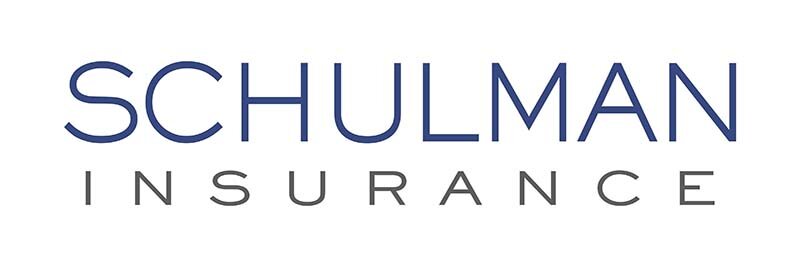New Jersey Issues Pre-Tax Transportation Benefit Rules
Issued date: 10/14/20
On March 1, 2019, New Jersey established a transit benefit ordinance that requires employers to offer employees pre-tax commuter transit benefits, consistent with certain qualified transportation fringe benefits, as defined in Section 132(f) of the Internal Revenue Code.
Effective August 17, 2020, the New Jersey Division of Wage and Hour Compliance adopted rules for the transportation fringe benefit ordinance. Below are some highlights of the rules:
A New Jersey employer with 20 or more employees, whether employed in New Jersey or not, for each working day during each of 20 or more calendar workweeks in the current or immediately preceding calendar year will be required to offer pre-tax transit benefits.
An eligible employee is an individual who performs all service or some service in New Jersey however; certain conditions may need to be met.
An employer may use payroll deduction to provide the pre-tax transit benefit, provided that the payroll deduction has been authorized by the employee in writing or is included in a collective bargaining agreement.
Employers must maintain records for six years demonstrating compliance with the transit ordinance.
Background
Qualified transportation fringe benefits under Section 132(f) of the Internal Revenue Code allow an employer to provide commuter and transit benefits to their employees that are tax-free up to a certain limit. This employer-provided voluntary benefit program allows employees to effectively reduce their monthly commuting or transit costs. In 2020, the monthly limit is $270 for any commuter benefit or transit pass. While such benefits are tax-free to employees, under the 2017 Tax Cuts and Jobs Act, employers are no longer allowed a federal income tax deduction for qualified transportation fringe benefits.
New Jersey Requirements
A New Jersey employer with 20 or more employees, whether employed in New Jersey or not, for each working day during each of 20 or more calendar workweeks in the current or immediately preceding calendar year must offer a “pre-tax transportation fringe benefit” to its employees consistent with benefits found in Section 132(f) of the Internal Revenue Code. “Employer” does not include the federal government provided that the employee is eligible for a transit benefit through his or her employment with the federal government that is equal to or greater than a pre-tax transportation fringe benefit.
Employers must offer employees the opportunity to utilize pre-tax earnings up to $270 for 2020 to purchase commuter highway vehicle and transit benefits. Employers may use payroll deduction to provide these benefits with written permission from the employee, or if allowed under the terms of a collective bargaining agreement.
An employee under the law is identified as anyone hired or employed by the employer and who reports to the employer’s work location, and mirrors the definition used in the unemployment compensation law. Employment includes an individual’s entire service performed within, or both within and without, New Jersey if:
the service is localized in New Jersey; or
the service is not localized in any state but some of the service is performed in New Jersey and:
the base of operations, or, if there is no base of operations, then the place from which such service is directed or controlled, is in New Jersey; or
the base of operations or place from which such service is directed and controlled is not in any state in which some part of the service is performed, but the individual’s residence is in New Jersey.
Employees covered by a collective bargaining agreement (“CBA”) in effect on March 1, 2019 are exempt until the expiration of the CBA. Federal government employees who are offered a transit benefit from their employer are also exempt.
Recordkeeping and Penalties
Employers must retain records for six years to demonstrate that each eligible employee was offered the opportunity to use pre-tax earnings to purchase a pre-tax transportation fringe benefit.
Employers found to be in violation may be subject to a penalty of $100 - $250 for the first violation and $250 for all violations thereafter. An administrative penalty will not be imposed for the first violation if the employer demonstrates to the satisfaction of the Department of Labor and Workforce Development within the cure period (90 days following receipt of the violation notice) that it is complying with the ordinance.
Employer Action
Employers should determine whether their current employee demographic would require these benefits to be offered to their employees. Employers currently offering pre-tax transportation fringe benefits to employees should review their current program to ensure compliance with the New Jersey regulations.

